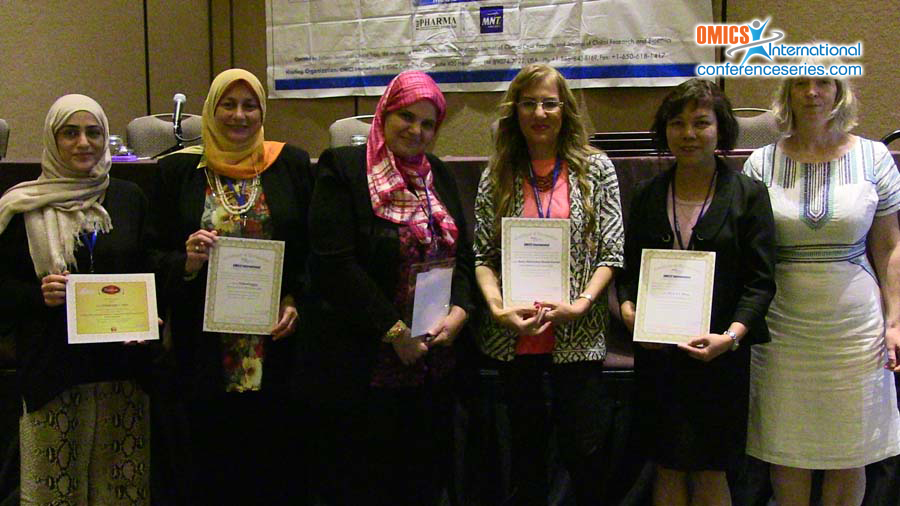
Helen Snooks
Swansea University Medical School, UK
Title: Using electronic routine linked health records in HTA of interventions in emergency care
Biography
Biography: Helen Snooks
Abstract
Background: The SAFER programme conducts research into treating falls in older people; SAFER1 was a pragmatic cluster randomised controlled trial that examined a Computerised Clinical Decision Support system for paramedics, using a hierarchy of outcomes comprising death, unscheduled hospital admission, unscheduled ED attendance, and 999 calls. SAFER2 used a similar study framework to assess new protocols which allow emergency ambulance paramedics to assess and refer patients to appropriate community based care. Objectives: In SAFER2, all participants consent to follow up through routine medical records, and some by postal questionnaire. We consider (a) the characteristics of those providing data through two routes, (b) the consistency between data on hierarchy outcomes available through the two routes, and (c) any resulting effect on reported study outcomes. Methods: Routine medical records are available anonymously through the SAIL Databank in Wales and HSCIC in England; following successful linkage with study participants, data on each component in the hierarchy of outcomes is assessed at one month (for safety)and six months (for effectiveness). Data on QoL is also available at both time points. Results: Data from the two routes are broadly consistent; linkage problems are diminishing as experience develops. Respondents to postal questionnaires comprised approximately one quarter of study participants, and were generally younger & healthier than non-respondents. HTA of the SAFER2 intervention reaches similar conclusions with data from different routes. Conclusions: Routinely recorded data provides accurate information on the full range of study participants over multiple time points in follow-up, are based on increased sample sizes, and are more generalizable.
Speaker Presentations
Speaker PPTs Click Here



